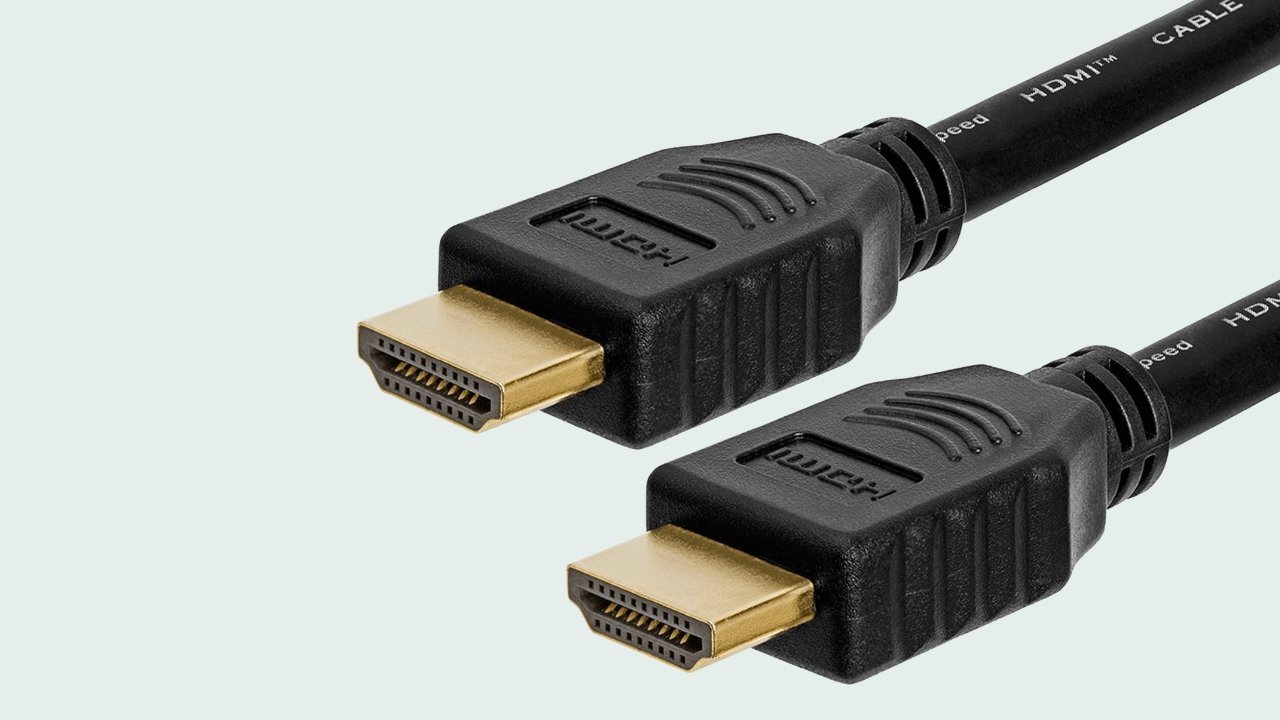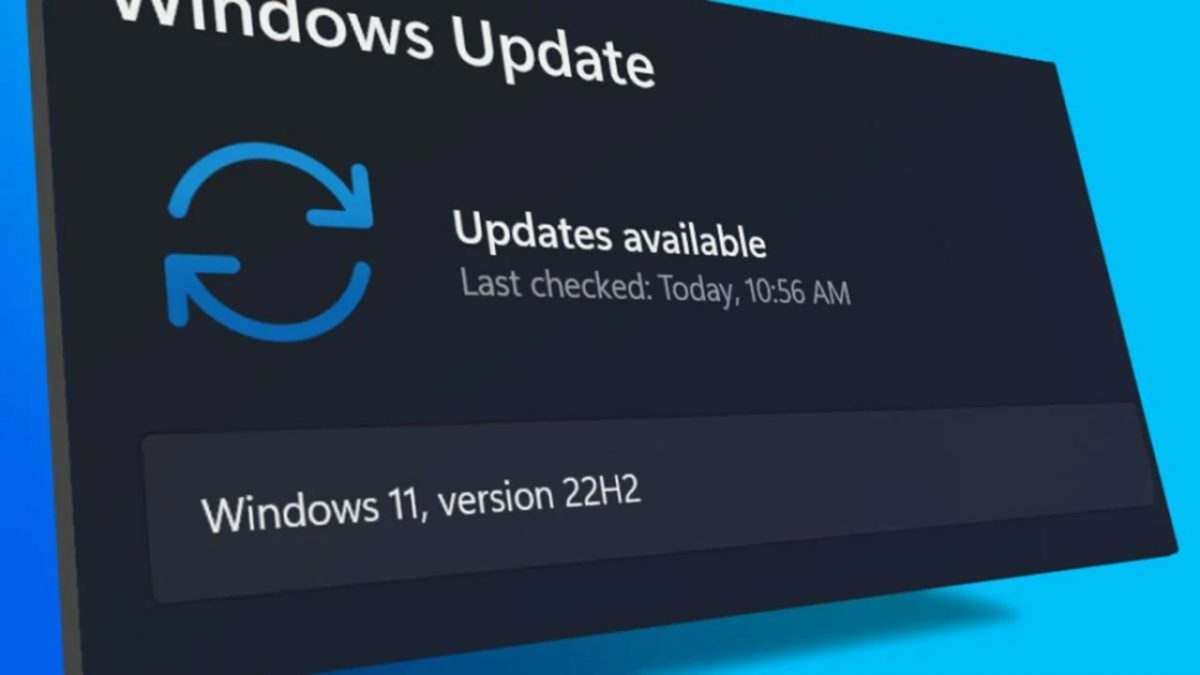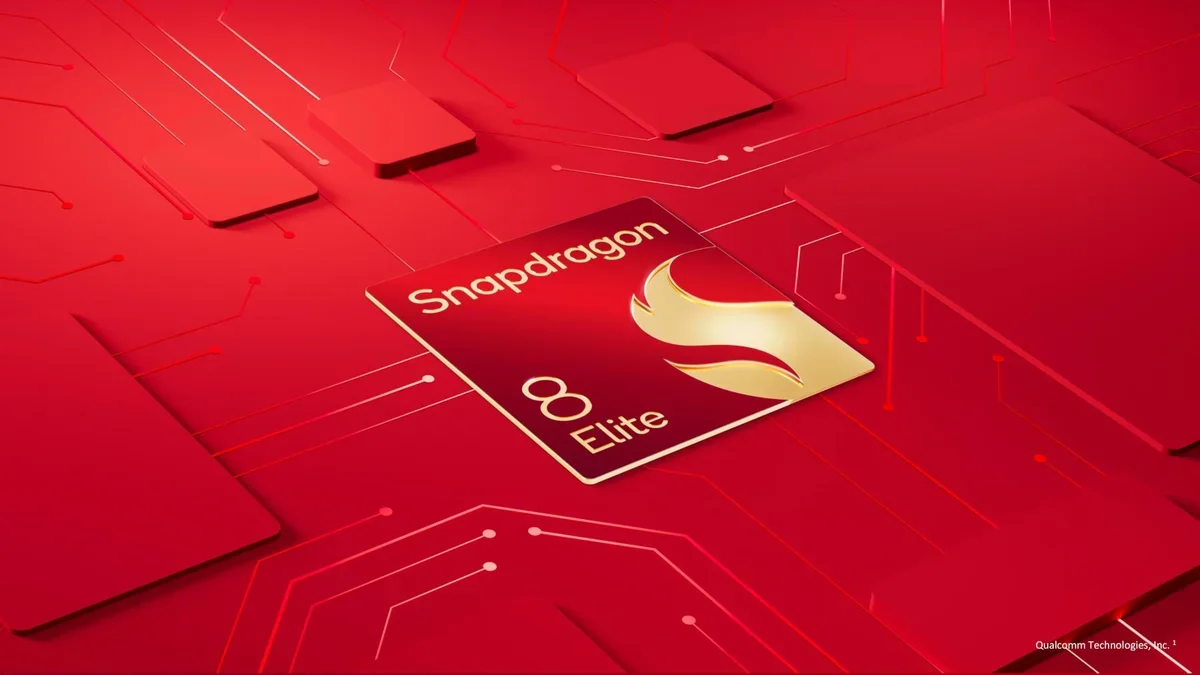Google Pixel 11's Tensor G6 Chip May Feature TSMC's Leading 2nm Tech
The post Google Pixel 11's Tensor G6 Chip May Feature TSMC's Leading 2nm Tech appeared first on Android Headlines.


Big news is buzzing in the world of smartphone chips, especially for Google Pixel enthusiasts. Recent reports suggest that the upcoming Pixel 11 series might finally put Google’s Tensor processors at the very forefront of mobile technology thanks to TSMC’s cutting-edge 2nm process for the Tensor G6 chip. The company is expected to launch these devices sometime in 2026.
The potential move wouldn’t just be another incremental upgrade; it could be a game-changer. For years, Google’s custom Tensor chips, while powerful in their own right, have often lagged a generation behind competitors like Qualcomm in terms of manufacturing process technology. The very first Tensor chip, released in 2021, used a 5nm process when rivals were already on 4nm. It took until the Tensor G3 for Google to catch up to the 4nm node. Even the upcoming Tensor G5 is set to transition to a 3nm process with TSMC.
Google Pixel 11’s Tensor G6 could be one of the first 2nm chips on the market
But if the whispers about the Tensor G6 are true, Google is not just catching up. The Mountain View giant could directly jump ahead of the most advanced chip technology. Qualcomm’s Snapdragon 8 Elite chipset, a future competitor, is still anticipated to stick with a 3nm process. This means the Tensor G6 could, for the very first time, see a Google-designed chip among the leaders regarding raw process technology. However, it wouldn’t be the first to launch a 2nm SoC—that would be Samsung with the Exynos 2600 from the Galaxy S26 lineup.
What does a 2nm process mean for you? In simple terms, smaller nanometer numbers usually translate to more transistors packed into the same space. A higher pixel density results in higher performance. Plus, the smaller the chip, the more energy-efficient it should be. Imagine even faster AI processing, longer battery life, and smoother experiences across your Pixel phone.
Google’s Tensor chips have always focused on optimizing AI and machine learning tasks directly on the device. However, this foundational shift to a more advanced manufacturing process would give them a substantial hardware advantage. It would allow Google’s software innovations to truly shine with better underlying efficiency.
Of course, these are still leaks, and plans can evolve in the fast-paced world of chip development. But for now, the prospect of the Pixel 11 arriving with a 2nm Tensor G6 is a really promising one. It signals a new era where Google’s silicon ambitions could finally be “ahead of the curve.”
The post Google Pixel 11's Tensor G6 Chip May Feature TSMC's Leading 2nm Tech appeared first on Android Headlines.











































































































































































![[The AI Show Episode 155]: The New Jobs AI Will Create, Amazon CEO: AI Will Cut Jobs, Your Brain on ChatGPT, Possible OpenAI-Microsoft Breakup & Veo 3 IP Issues](https://www.marketingaiinstitute.com/hubfs/ep%20155%20cover.png)
























































































































































































































































































































































































![Mercedes, Audi, Volvo Reject Apple's New CarPlay Ultra [Report]](https://www.iclarified.com/images/news/97711/97711/97711-640.jpg)




































































